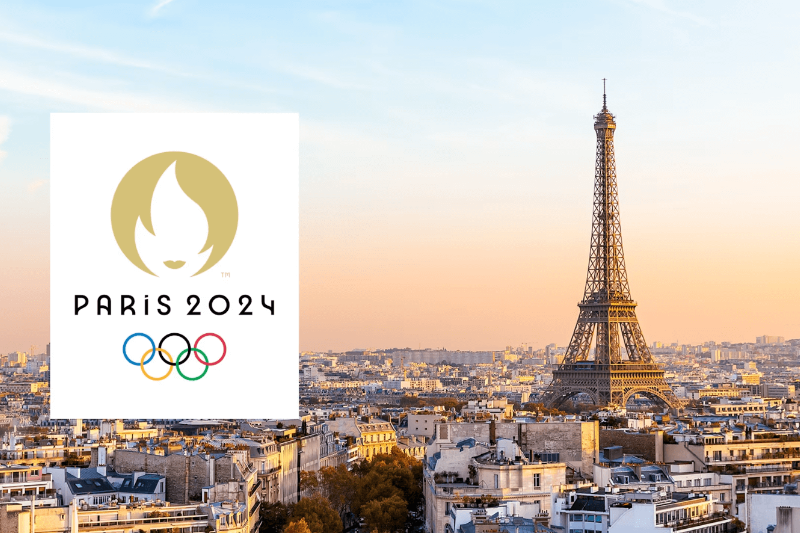

Given the international attention and substantial investment involved in hosting the Olympic Games, it is natural to cast a critical eye upon the host city’s readiness. Just a handful of days remain for the sporting event and people don’t seem pleased.
At the time of making its first bid to host the 2024 Summer Olympics, organisers in Paris promised free public transportation, the extension of several metro lines to accomodate more people, and a pollution-free Seine River open to hosting numerous events.
Eight years later, and just days before the opening ceremony on July 26, virtually none of these promises have materialised: metro tickets have increased in price instead of becoming free, majority of the metro lines are yet to be extended and the Seine remains polluted.
In May, the government announced the creation of a couple of security perimeters that require special documents to enter. The first, a gray perimeter, will be closed to vehicular graphics from July 18 to 26 and will require a special QR code “digital pass” to access.
The other perimeter, the much larger red zone, has the vast majority of monuments in Paris. A QR code will not be required to move freely in this zone, but it will still be closed to motor vehicle traffic. This has made business difficult for some companies.
Some residents have found the QR system confusing. Think about the impact it might have on tourists coming from different countries and speaking different languages. Fears of QR code scams have also started cropping up.
Riding the Metro has also become a major hassle. Olympics construction has closed major city hubs and some Metro stops will be completely shut. Metro lines – some already packed to the brim even during non-rush hour times – may also struggle to manage.
15.3 million visitors are expected to descend on the city for the Olympic Games. You might be tempted to order an Uber as the Metros seem to be in a tenuous state. But major road closures have made driving around the city even more challenging than it usually is.
Starting July 15, many of the major highways will close one lane to dedicated Olympics traffic. As daily life has become such a hassle, some Parisians plan to flee the city entirely for July and August. Several residents say they are not exactly looking forward to the event.
Parisians are also prominent for their aggressive and creative protesting. On June 23, the day that Mayor Anne Hidalgo and President Emmanuel Macron had initially planned to swim in the Seine, an online campaign encouraging residents to poop in the river went viral.
“Robert”, the one claiming to have created the site, told France 3 that he is angry about “the millions and billions invested in the Olympic Games, and at the same time, all the public services left to decay, such as public transport or the unsanitary city …”
It is unclear if people actually heeded Robert’s call to action. But just days before the opening ceremony begins, studies have highlighted that the Seine River still remains unfit to swim in, despite the fact that several events are planned there.
Oman air has reduced its workforce substantially to direct its operations toward operational efficiency and long-term financial stability. Under the…
The International Trade Union Confederation (ITUC) is using the International Workers' Memorial Day this April 28 as an opportunity to…
A March executive order issued by the Trump administration faced temporary legal blockage which protected the collective bargaining capabilities of…
A much anticipated weekly job fair is scheduled to take place on 26 April 2025 and it has been titled…
Unilever has given the thumbs up to the layoffs of 6,000 jobs around the world as part of its restructuring…
This shocking accusation has surfaced in a new lawsuit against the coffee giant Starbucks. A labor rights group called International…
This website uses cookies.
Read More